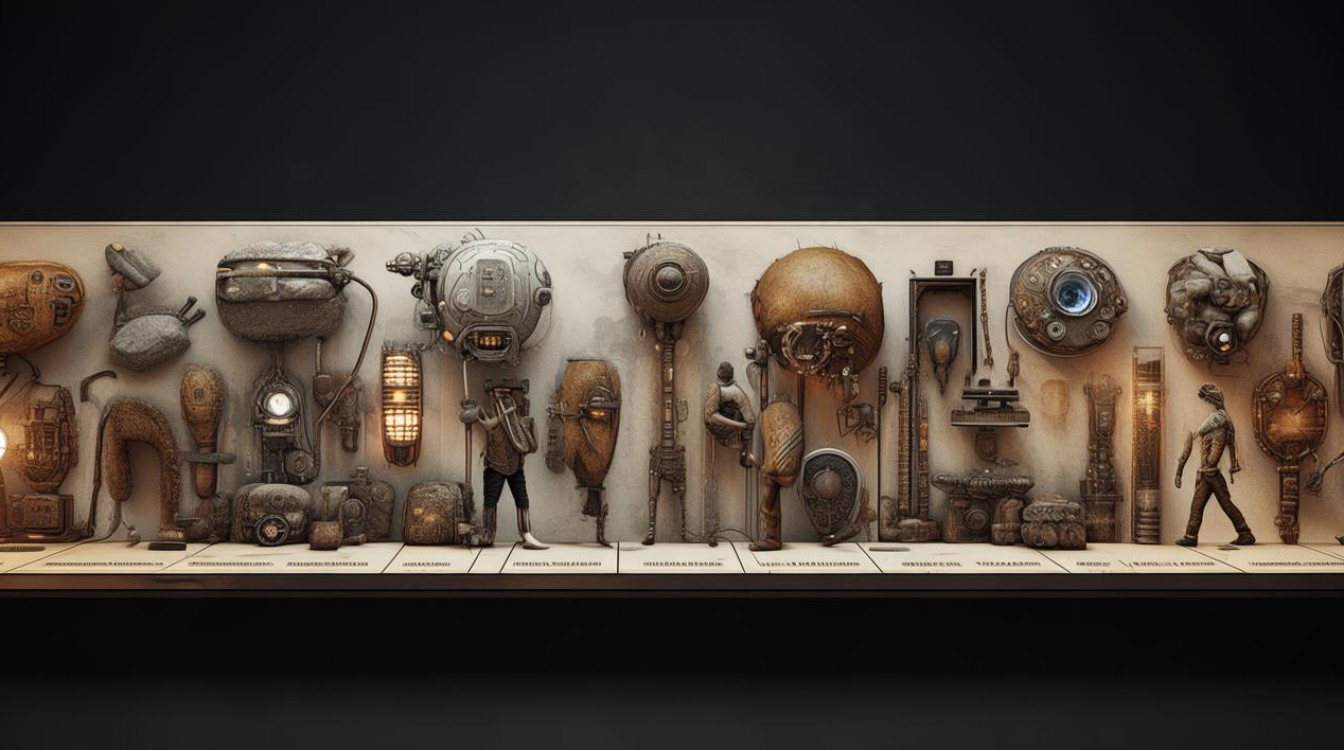Human invention stands as the cornerstone of civilization, shaping societies and propelling progress across millennia. From primitive tools to artificial intelligence, each breakthrough reflects our relentless pursuit of improvement. This exploration delves into pivotal innovations, their societal impacts, and the minds that transformed imagination into reality.

The Dawn of Ingenuity
Early humans demonstrated remarkable adaptability through simple yet revolutionary creations. The controlled use of fire, dating back over a million years, provided warmth, protection, and transformed nutrition through cooking. Stone tools extended physical capabilities, enabling hunting and construction. These fundamental developments laid the groundwork for complex problem-solving.
Agriculture emerged independently across multiple regions around 12,000 years ago, marking humanity's transition from nomadic lifestyles to settled communities. The domestication of plants and animals created food surpluses, allowing specialization in crafts, governance, and arts. Irrigation systems and plows increased productivity, demonstrating how inventions compound over generations.
Transformative Technologies Through the Ages
The printing press, perfected by Johannes Gutenberg in 1440, democratized knowledge by making books affordable. This innovation fueled the Renaissance, scientific revolution, and religious reformation by spreading ideas rapidly across Europe. Similarly, the compass enabled global exploration, connecting civilizations through trade routes that exchanged goods, cultures, and knowledge.
The Industrial Revolution introduced machinery that amplified human productivity exponentially. James Watt's steam engine (1775) powered factories and transportation, while Eli Whitney's cotton gin (1793) revolutionized textile production. These advancements reshaped economies, urbanized populations, and established new social structures centered around manufacturing.

Modern Marvels Reshaping Existence
Thomas Edison's electric light bulb (1879) extended productive hours beyond sunset, altering work-life rhythms. The Wright brothers' successful flight (1903) shrank global distances, making international travel routine. These achievements exemplify how inventions often address existing limitations while creating unforeseen possibilities.
Digital technology represents the current frontier of human ingenuity. Tim Berners-Lee's World Wide Web (1989) transformed communication, commerce, and education, creating an interconnected global society. Smartphones condensed multiple devices into portable computers, fundamentally changing how people access information and interact. These innovations demonstrate the accelerating pace of technological advancement.
Psychological Drivers of Innovation
Curiosity and necessity remain primary motivators for inventors throughout history. Marie Curie's radioactive element discoveries stemmed from rigorous scientific inquiry, while Percy Spencer's microwave oven emerged accidentally during radar research. This illustrates how breakthroughs often combine deliberate effort with serendipitous observation.
Problem-solving persists as the consistent thread linking ancient and modern inventions. Ancient Mesopotamians developed writing to record transactions, while modern programmers create algorithms to analyze big data. Both scenarios reflect the human tendency to develop tools addressing immediate challenges while establishing foundations for future progress.

Societal Impacts and Ethical Considerations
Technological advancements frequently produce dual outcomes. Nuclear technology yields clean energy and devastating weapons. Social media connects billions yet amplifies misinformation. These contradictions necessitate thoughtful implementation frameworks that maximize benefits while mitigating risks.
Environmental sustainability has become crucial in contemporary invention. Solar panels and electric vehicles address climate concerns, showing how modern innovators prioritize ecological responsibility alongside functionality. This shift reflects growing awareness that technological progress must harmonize with planetary boundaries.
Future Frontiers and Human Potential
Emerging fields like quantum computing and genetic engineering promise to redefine possibilities. Quantum machines may solve complex problems intractable for classical computers, while CRISPR technology enables precise genetic modifications. These developments raise profound questions about the ethical boundaries of human intervention in natural processes.
Space exploration technologies continue advancing, with reusable rockets reducing cosmic access costs. Private enterprises now complement government programs, accelerating progress toward interplanetary colonization. Such endeavors demonstrate humanity's enduring ambition to transcend terrestrial limits.

Artificial intelligence systems increasingly demonstrate creative capacities, composing music and generating art. This blurs traditional distinctions between human and machine creativity, prompting reevaluation of consciousness and originality definitions. The collaboration between human intuition and algorithmic processing may birth unprecedented forms of expression.
Human inventiveness remains our species' defining characteristic, continuously reshaping the world. Each technological leap builds upon accumulated knowledge, demonstrating our collective capacity to overcome challenges through creativity. As we stand on the brink of new discoveries, the spirit of innovation continues illuminating paths toward improved existence. The story of human invention is ultimately about possibility—the persistent belief that through imagination and perseverance, better solutions await discovery.
The most exciting inventions likely remain unconceived, waiting for future minds to transform fleeting thoughts into tangible advancements that will surprise and benefit generations yet unborn. This endless cycle of creation and improvement forms the essence of human progress.

